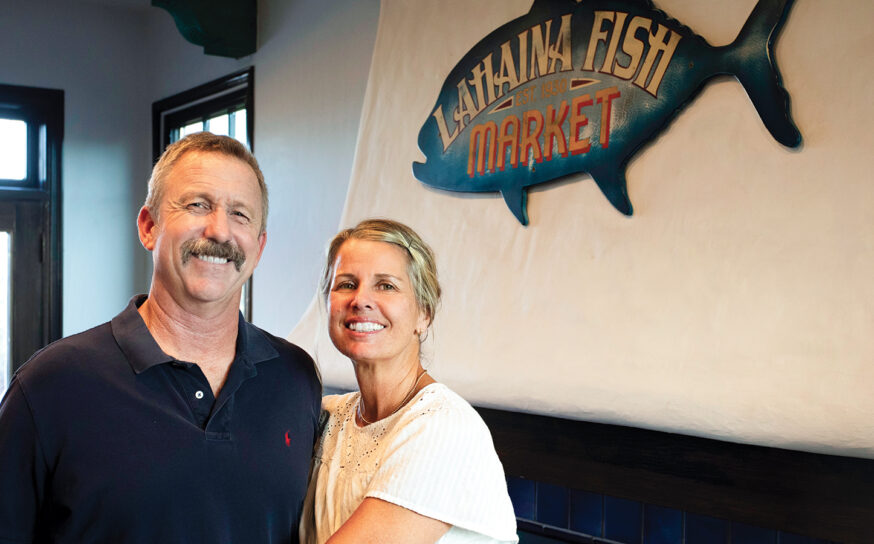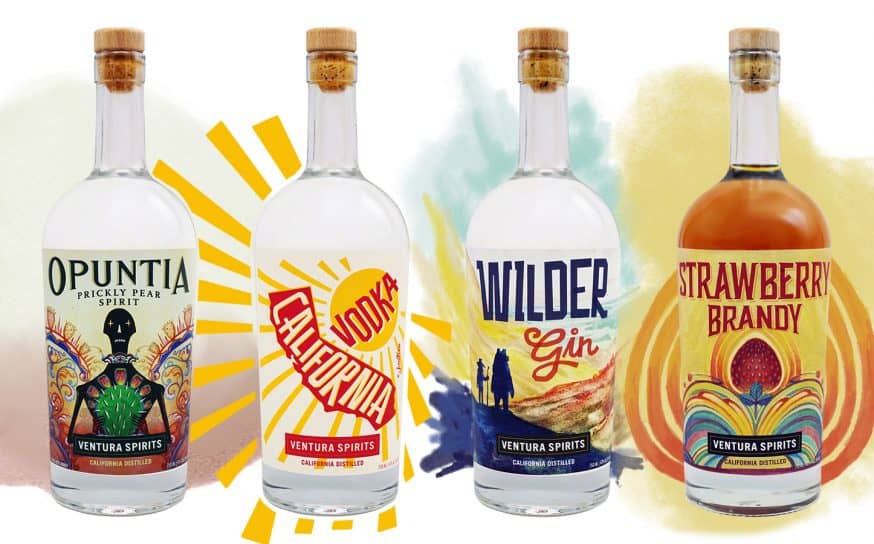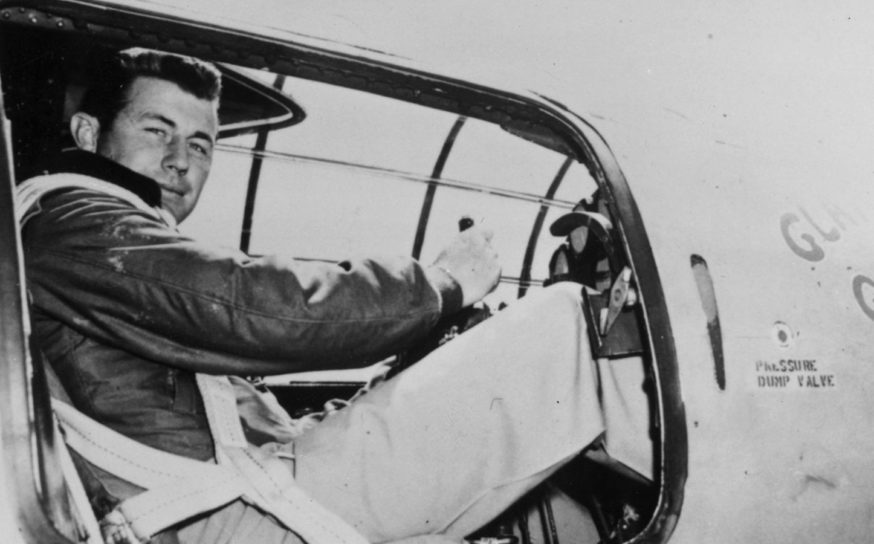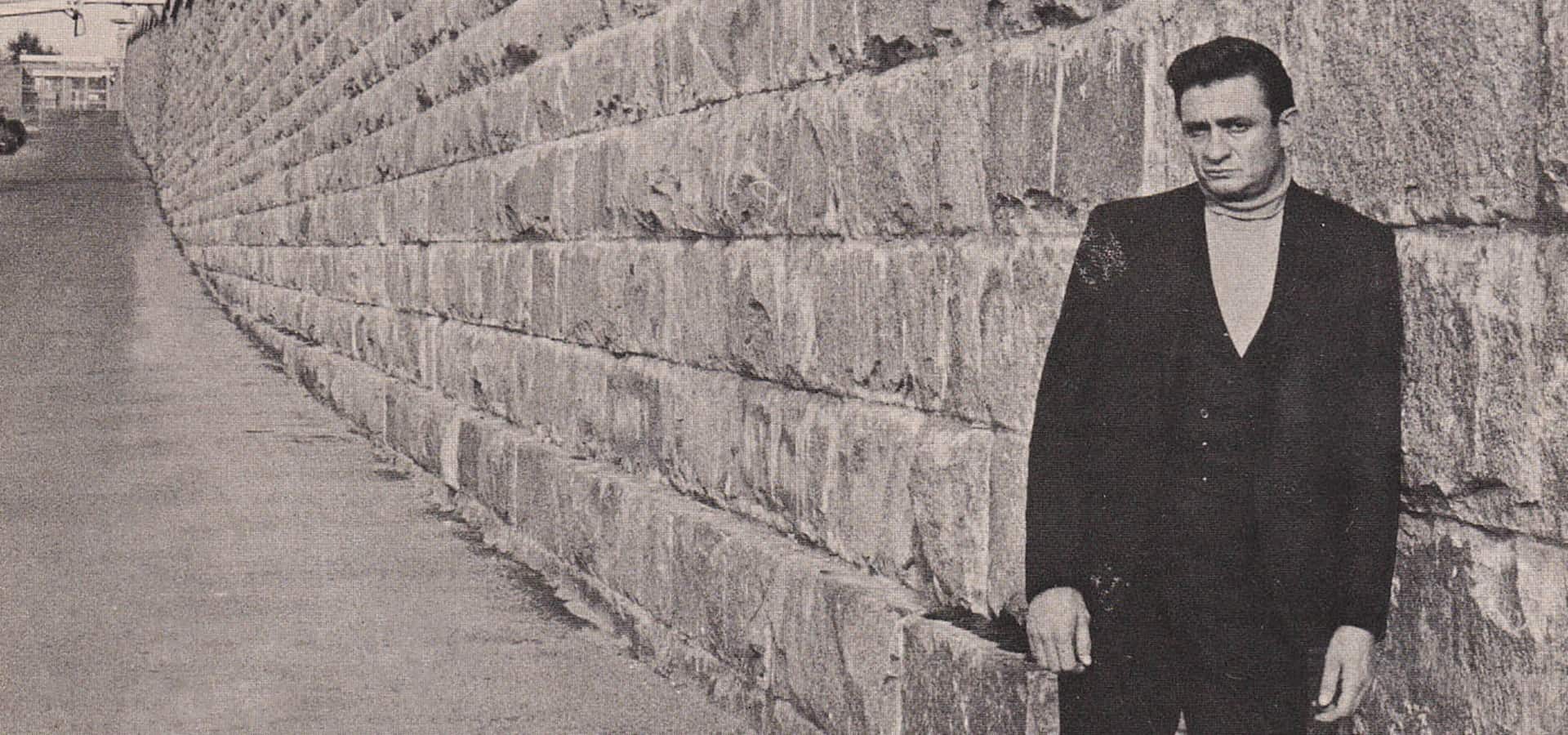
Remembering Johnny Cash’s Iconic Folsom Prison Recordings 50 Years Later
The events would revive his career and give him a new cause.
-
CategoryArts + Culture, Music + Podcasts, Performance
On January 13, 1968, Johnny Cash would record the most successful album of his career … a live session at Folsom State Prison. According to the Washington Post, this was not the first time he played at the maximum-security facility. He has played once before in 1966 at the request of one of his preachers, Rev. Floyd Gressett of Ventura. But this outing two years later would become legendary … a resurrection of sorts for a “fading and troubled country singer” who was struggling with pill addition and depression.
“Cash returned in 1968 for the live tapings of two shows, one in the morning, one in the afternoon, after battling his skeptical label, Columbia Records, which had been reluctant to fund the recordings. Cash, his girlfriend, June Carter, his band and his entourage all settled in at the nearby El Rancho motel. Gov. Ronald Reagan (R), in town for a fundraiser, came by to chat. Gressett played Cash a tape of “Greystone Chapel,” an uplifting ballad about finding God in the chapel at Folsom. It was written by Glen Sherley, a career criminal locked up there on an armed robbery charge. Cash, moved by the song, wrote the lyrics down in his notebook. Among them: “Inside the walls of prison my body may be/But the Lord has set my soul free.” He stayed up late into the night rehearsing, vowing to play the song the next day.”
You can read more about Cash’s incredible comeback and advocacy for prisoner rights here.
Staycation Vibes">Hey, Weekend:
Staycation Vibes
Resort living from the comfort of home.
Thirsty? Get a Taste of SoCal’s Artisanal Spirits
West Coast aquavit, bartender.



